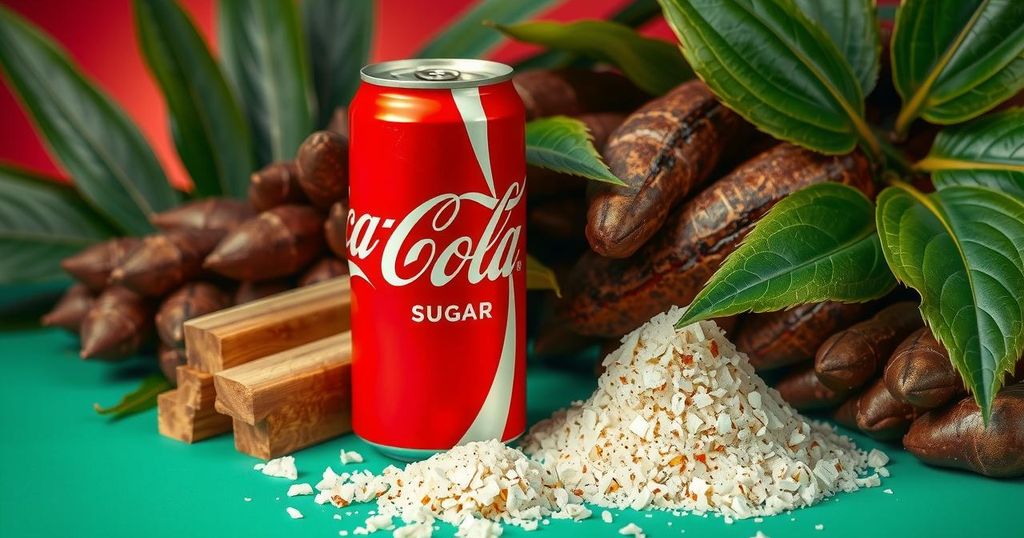Trump Claims Coca-Cola Will Switch Back to Cane Sugar Formula

- Donald Trump claims Coca-Cola will return to cane sugar for its drinks in the U.S.
- The switch to cane sugar by Coca-Cola aligns with preferences seen in Mexico.
- Coca-Cola’s potential formula change could reflect broader trends in consumer demand for natural ingredients.
Trump’s Proposal for Coca-Cola’s Formula Switch
In a surprising announcement, former President Donald Trump stated that Coca-Cola has agreed to revert to using cane sugar in its beverage formulas, akin to what consumers enjoy in Mexico. This headline-making claim surfaced amidst a whirlwind of significant global events, including the ongoing crisis in the Middle East and the Epstein controversy. Trump, drawing attention to the soft drink giant, is clearly aiming to influence consumer sentiment and corporate practices through this seemingly bold proposition.
The Impact of Sugar Preferences on the Beverage Industry
Coca-Cola, known for its iconic sugary beverages, has utilized high fructose corn syrup in U.S. products for decades. However, the potential shift back to cane sugar could resonate well with consumers who seek a more traditional taste reminiscent of classic Coke. Industry analysts will be watching closely to see how much of a ripple effect this announcement may have on the market, and whether other companies might follow suit in response to consumer preferences.
Corporate Changes in the Face of Political Influence
As Trump pushes this narrative, it raises questions about the role of political figures in influencing corporate decisions. It also reflects a growing trend among consumers who are increasingly concerned about the ingredients in their foods and drinks. If Coca-Cola does indeed make this switch, it could signify a shift in the larger beverage industry that marks a return to more natural ingredients, perhaps impacting not just consumer choices but the larger economic landscape as well.
In summary, Trump’s recent push for Coca-Cola to switch back to cane sugar underscores a significant intersection between consumer preferences and corporate practices. This proposal is emblematic of a broader trend in the beverage industry, where natural ingredients are gaining favor. Observers will be keen to monitor how this affects corporate strategies in an increasingly health-conscious marketplace.







